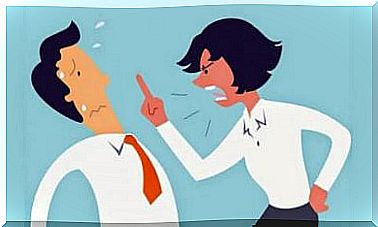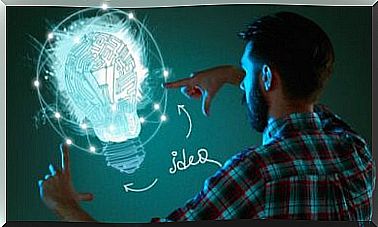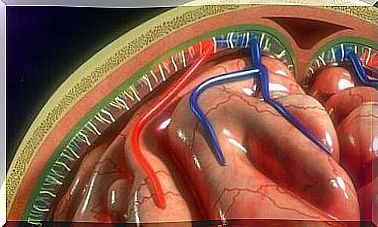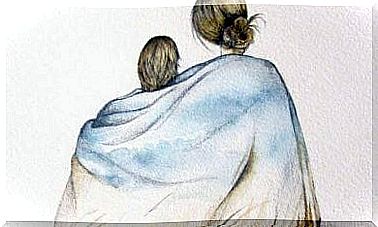Lake Wobegon Effect Or To Rate You Above Average
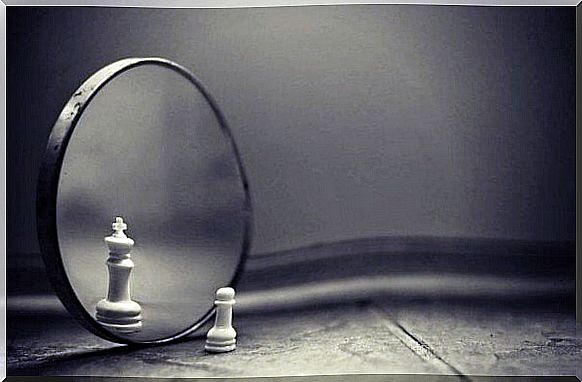
Author Garrison Keillor created a fictional town called “Lake Wobegon”. It is a place where all women are strong, all men look good and all children are above average. This gave the name to a cognitive bias called the Lake Wobegon effect: overestimating our abilities and ignoring our negative traits.
The phenomenon has also been called illusory superiority, and it is very common. For example, 95% of all drivers consider themselves to be better than the rest; the same with most students. Believing that we are above average is very common. In fact, we tend to judge the world by our values, stereotypes, and unconscious attitudes.
If you are asked to evaluate your level of intelligence in relation to other people, most of us will say that we are above average. For some, this may be true, but very few will recognize if they are below average.
The Lake Wobegon effect is to believe that we are superior to others and to be unaware of our weaknesses and mistakes. We have a false sense of superiority, whether in intelligence, beauty or behavior.

The illusory superiority of judging ourselves above average
As Charles Darwin said, “Ignorance more often breeds trust than knowledge.” Therefore, the illusory superiority tends to occur more in incompetent people who overestimate their abilities. These are people who are short-sighted when it comes to recognizing the skills and abilities of others.
This self-deception and lack of cognitive awareness is usually associated with vanity. In addition to judging themselves as superior, they may not recognize that they can be wrong. It is impossible for them to accept that they know nothing or have certain abilities.
The most interesting thing about this type of cognitive bias is that the more incompetent you are, the less aware you are. They tend to be people who brag about their brains, their culture and their intelligence. But they do not really have much to brag about. And what’s worse, they are not aware of it themselves. It comes from uncertainty, whether they know it or not.
Now, it is not bad or selfish to have a favorable view of our abilities, nor does it mean that we are ignorant. On the contrary, it helps us. The problem is when we go too far. When we think that we are the best at everything, we forget that we also have shortcomings and that there are many other people with good qualities.
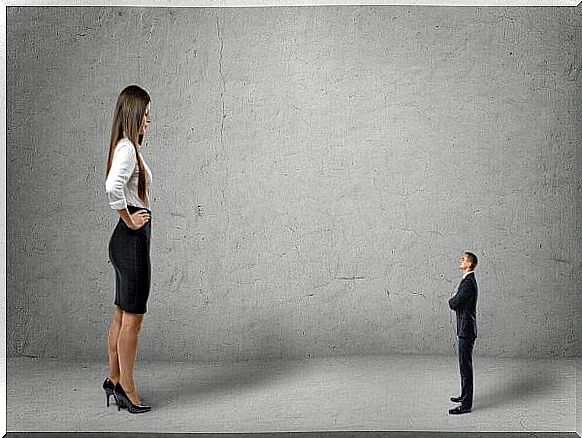
The consequences of the Lake Wobegon effect
Psychologists Justin Kruger and David Dunning from Cornell University found that people who were clearly below average in terms of intellectual capacity and knowledge thought they were the smartest people. Nietzsche called this group of people educational philistines, or cultural philistines, ignorant people who boast of their education and years of experience.
In fact, four of the most important studies on the Lake Wobegon effector agreed. People with slightly lower abilities often consider themselves to have exaggerated good abilities, and they also have great difficulty in acknowledging their own incompetence.
On the other hand , people with slightly higher performance tend to have excessively lower perceptions of themselves than their actual performance. That is, they underestimate his abilities. Also, by doubting themselves, they tend to be more insecure and hesitant and thus gain less confidence.
So there is an overestimation of lower than average performance and underestimation of better than average performance. What does it result in? The former are more visible because of their trust and security. Of course, that does not necessarily mean that they are right. It just means that first impressions mean a lot to us.
In addition, people under the influence of the Lake Wobegon effect have problems with two things: making good decisions and being self-critical. Consequently, they do not grow.
So let’s reflect: how do we see ourselves? And how do we rate others? Do we look at human capacities and qualities? Or do we just trust how confident they look on the outside without digging deeper?

